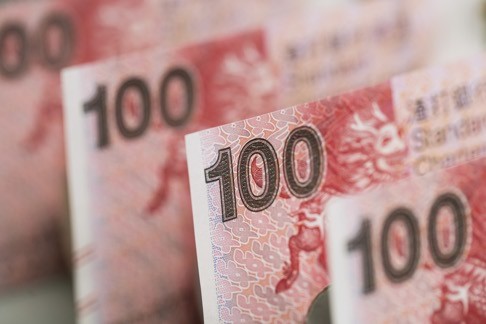
Hong Kong’s narrow tax base is storing up trouble for the future
The financial secretary should have the courage to lead a serious debate on how to broaden the tax base. The earlier we can find a consensus, the less vulnerable public finance will become
There are reasons why Hong Kong’s public finance has been the envy of the world. Despite our simple and low tax regime, the government generally has more than enough to spend every year, with the public coffers flooded with hundreds of billions of dollars.
But what lies beneath this fiscal wonder is an extremely narrow tax base. Currently, only two in five workers pay salaries tax, with 60 per cent of revenue coming from top five per cent of income earners. Similarly, only one in 10 companies pay profits tax. The top five per cent accounted for 80 per cent of profits tax received. The danger of depending on such a narrow fraction of taxpayers in any economy is obvious, even more so for one that is so susceptible to external influences.
The base for salaries tax is set to narrow further in the wake of the tax concessions announced by Financial Secretary John Tsang Chun-wah last month. Thanks to the first increase in the basic tax allowance in three years, tax revenue will shrink by an annual HK$2.9 billion. Some workers will fall out of the tax net and will not need to pay taxes.

That Tsang has shied away from broaching the issue is regrettable. His budget speech no longer mentioned the problem of a narrow tax base, even though in his previous budget he had said that it would be explored again in due course.
Politically, a goods and services tax is unpopular. But until there are better alternatives, it remains the best way to broaden the tax base. Tsang is right in saying that such an option is difficult to sell in times of handsome budget surpluses. But the prevailing environment also favours rational discussions.
It is never too early to save for rainy days. Although the forecast of two consecutive budget deficits in two years mainly stems from the government’s one-off financial commitment in launching health insurance and retirement protection schemes, it remains the fact that tax revenue would become less reliable in a rapidly ageing population. The issue will not go away by doing nothing. Tsang should at least have the courage to lead a serious debate on how to broaden the tax base. The earlier we can find a consensus, the less vulnerable public finance will become.

